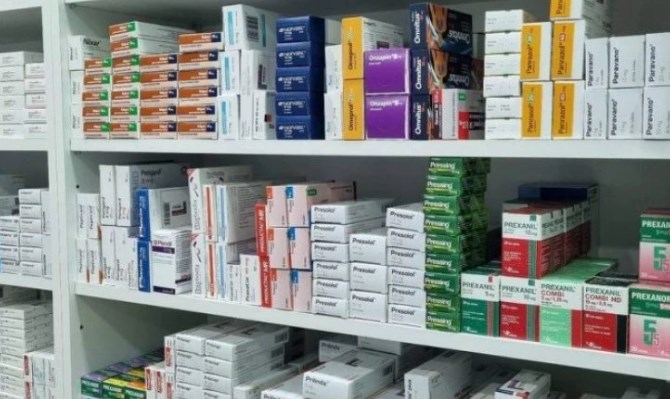“We will not allow the health services for citizens to suffer, and within about 10 days at the latest, we will announce a plan to address the debt crisis in public health institutions. I can assure the public that there will be no issues in critical areas, such as the quality of health services and the availability of medicines,” said the acting director of the Health Insurance Fund (HIF), Sašo Klekovski. He added that he expects the new positive list to be functional by September 16.
He emphasized that his mandate at the FZO is focused on anti-corruption, improving and expanding health services, and enhancing working conditions. He stated that over the past two months, the FZO has been identifying all the problems and has communicated with all relevant stakeholders, including the Association of Patients, the Association of Hospitals, and unions. He mentioned that they are in the final phase of planning for the future period. According to him, as of June 3, the debt of public health institutions amounts to five billion denars, which has increased by one billion denars in the first six months of the year. He clarified that, contrary to public belief, there was not enough money in the budget. He pointed out several instances where unearned wages were distributed, either through increases in basic wages or through other forms of compensation. According to him, as the situation escalates, it is crucial to analyze the factors driving it, as merely covering the debt will not solve the problem. He reminded that in 2007, the debts were reset to zero because the then Government of VMRO-DPMNE paid off all healthcare debts.
When asked where the Oncology department will find money for the remainder of the year, given that it has spent its entire 2024 budget by June, Klekovski said that the FZO is working on securing additional funds. As an example of other inconsistencies they found, Klekovski pointed to the Strumica Hospital—a 6,000-square-meter facility, partially equipped and one of the most modern hospitals in the country, with few beds in each room and rooms adapted for difficult patients and people with special needs. Despite requiring only 1.5 million euros to become operational, nothing has been done for three years. The hospital has not been put into operation, in part because it is connected to the substation with an inadequate cable, which is why EVN Macedonia refuses to accept it and connect the hospital to the energy network.”





Comments are closed for this post.